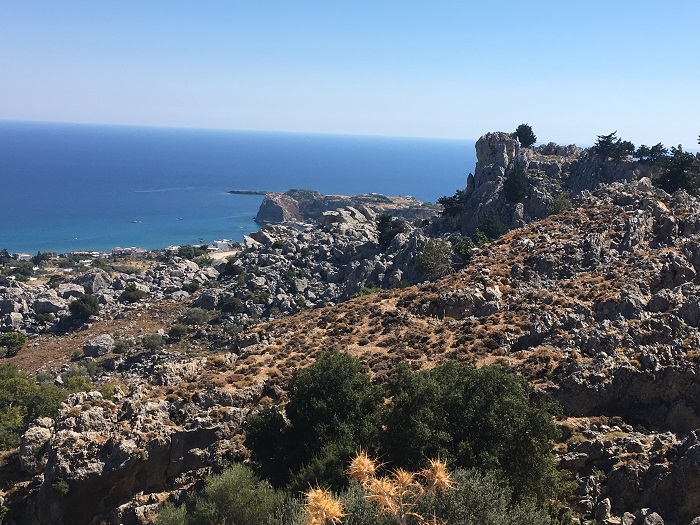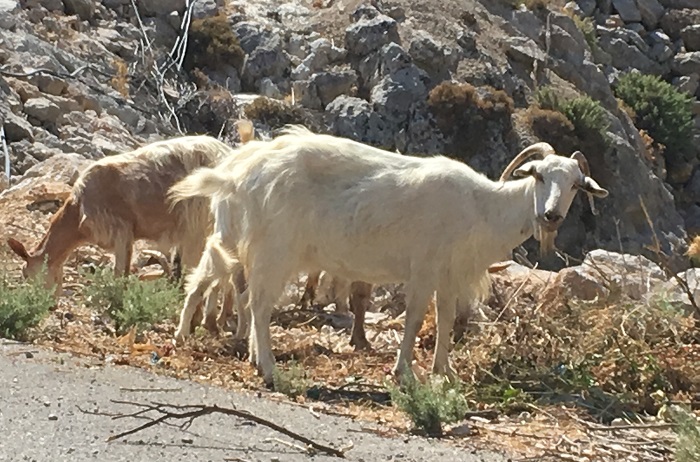Posted by Marie Brennan
https://bookviewcafe.com/new-worlds-camp-followers/
https://bookviewcafe.com/?p=20097
There’s a phrase that gets used in the context of armies: “tooth to tail,” a metaphorical way of describing the ratio of combatants (the tooth) to the non-combatants that carry out their support work (the tail). This ratio can vary widely, and there’s no universal ideal; it depends heavily on circumstances. Modern armies, for example, can easily be more than half tail, due to all their specialized equipment and the need for personnel who can operate and service that equipment. It will be rare for anything large enough to call an “army” to have no tail at all . . . but generally speaking, commanders are going to want to minimize that component, because it’s yet more hungry mouths slowing the army down and making the logistical burden worse.
They frequently fail at this goal.
Starting with those commanders themselves! Officers are often permitted more leeway and perks than the common rabble, not only due to their military rank, but due to their status outside the army (remember that many, if not all, of these guys in a pre-modern army will be noblemen and the like). Naturally they will not be expected to pitch their own tents, cook their own meals, and so forth. Instead they will bring along paid servants or unpaid slaves to do that work — and to pack and unpack their beds, chairs to sit on, carpets to walk on, bathtubs to soak in, whatever creature comforts they have the wealth and influence to get away with. Plus, of course, carts and draft animals and teamsters to transport all that stuff. Maybe their own personal priest, a secretary to handle their correspondence, a chronicler to record their deeds, a musician to entertain them in idle moments . . . the list is potentially endless, and for some high-ranking officers it amounted to an entire manor house’s worth of attendants to mitigate the discomforts of war.
The rank and file didn’t enjoy as much luxury, of course, but that didn’t mean they went wholly without. Maybe a slightly richer guy had a single servant, or a whole unit would share the services of one or two. Or — and here we move into a new category — they brought in someone with a more personal connection.
It may seem unthinkable to us that anyone would bring their wife (or mistress or unwed sweetheart) and even their children along to a war, but in practice, it was quite common. This wasn’t purely a matter of sexual convenience: for professional soldiers, often without a fixed home apart from their army camp, it might be the only way to have a family. And officers, of course, again had more latitude to keep a woman on hand. From her side of things, maybe she couldn’t support herself at home with her husband gone . . . or maybe she wasn’t married at all, and, with her virtue stained by her soldier, she had little choice but to follow him and make what life she could. Folksongs are full of girls who chase after their men on the basis of love alone; we may question how often the situation was that purely romantic. (Or lasted if it indeed started out that way.)
Other people accompanying the army are doing so in a more mercantile spirit. Even a well-supplied force is only supplying the basics; if you want anything nicer in the way of food and drink, you can apply to one of the sutlers (a generic term for a role that goes by many era- and location-specific names). Sometimes these people are operating under a formal contract with the army; arrangements to supply food on a large-scale basis show up here and there in the historical record, though they’re rarely financially wise. More often, sutlers are entrepreneurs looking to profit off the soldiers’ pay — and may also help paper over gaps in that pay by extending credit or loans, in the expectation of future compensation.
Food and drink are hardly the limit of what sutlers might deal in, though. Some of them seem almost like merchants in a video game, offering a better selection of weapons and armor than official issue, and buying the valuables looted during a foraging expedition or the sack of a city so the soldier doesn’t have to drag them hither and yon. Depending on the society, those “valuables” might include people: where a commander expects to capture and enslave portions of the target population, he’ll want slave dealers on hand with the means to transport all the victims to market elsewhere.
Less materially, camp followers might offer various services to the army. In fiction I’ve often seen that term used almost exclusively as a euphemism for prostitutes, and that’s not entirely off target; soldiers absolutely want to get laid, and so it’s often been taken as a given that women should be on hand for that. (If they aren’t, soldiers will be more likely to go AWOL in search of civilians — or bugger each other, as was a perennial problem on board ships, where intractable limitations mean you couldn’t have a whole community of non-combatants around. And most of these societies greatly disapproved of the buggery option.)
But camp followers aren’t only prostitutes. In its broad sense, the term can mean anybody who follows the army camp: the servants, the sutlers, and anybody else offering a service the soldiers need and can’t or don’t want to do themselves. Washing and mending clothes and boots, repairing gear, cooking food, bandaging wounds, treating illnesses, providing entertainment in the form of gambling or performances — anything that might earn the follower something like a living. They even helped out in foraging and pillaging situations, dealing with the pragmatics of collection, transportation, and distribution while the soldiers operated as the army’s teeth.
If this chaotic situation sounds like a recipe for terrible military discipline, you’re not wrong! Commanders often wanted to get rid of these hangers-on not just because they ate up local resources and slowed the army down, but because they contributed to soldiers drinking, fighting, and pissing away their pay, sometimes before they even received it. Men who spent last night living it up in the camp’s penumbra aren’t likely to be awake and ready to march at the crack of dawn. If you want a lean, mean military machine, you need to pare this down as much as humanly possible.
The flip side is, these people are good for morale. If you actually succeed in getting rid of all the wives and servants and merchants offering things that make army life a little more bearable, then at best you’re going to have a bunch of men who resent you for restricting them to a routine of monotonous food, menial drudgery, and no entertainment. At worst, your army may collapse, because it turns out that it can’t function without those supplements propping up your own failing logistics. If you want a lean, mean military machine that works, you need good organization, and you need to inspire enough loyalty and zeal that your soldiers will put up with having to march for miles and still cook their own meals at the end of that day.
I want to note one thing in closing here, which is the effect this whole situation has on gender. Even if you’re writing about an army in a society that looks like the historical norm — male soldiers, heteronormative expectations — women are unlikely to be absent from the picture. It’s not just about the wives and the prostitutes; quite a few of the sutlers and service providers may be women, especially since these are hardly rigid categories with no overlap. It takes way more organizational rigor than your average pre-industrial army had to create a truly all-male environment, with women only appearing in sexual roles, and only when soldiers are given leave to seek them out. Navies could more easily sequester their combatants in single-sex environments, but for armies in the field, it’s much less likely.
It’s hardly a safe situation for the women, of course. Whether they’re prostitutes or not, undisciplined soldiers may assume anybody female is fair game; meanwhile, the enemy is hardly going to spare non-combatants if the army winds up on the losing side of a battle. Camp followers of any gender might be armed — there are famous historical incidents of women stepping up when their husbands were killed — but generally not, and in the pre-gunpowder era it’s going to be harder for an unarmored and untrained person to achieve much. So while they can and will fight in a pinch (because it’s better than just dying), they’re not part of the army’s effective combat strength.
And that is why, if they could, commanders would rather do without them as much as possible. It’s just that “as much as possible” may or may not go very far!

https://bookviewcafe.com/new-worlds-camp-followers/
https://bookviewcafe.com/?p=20097
















